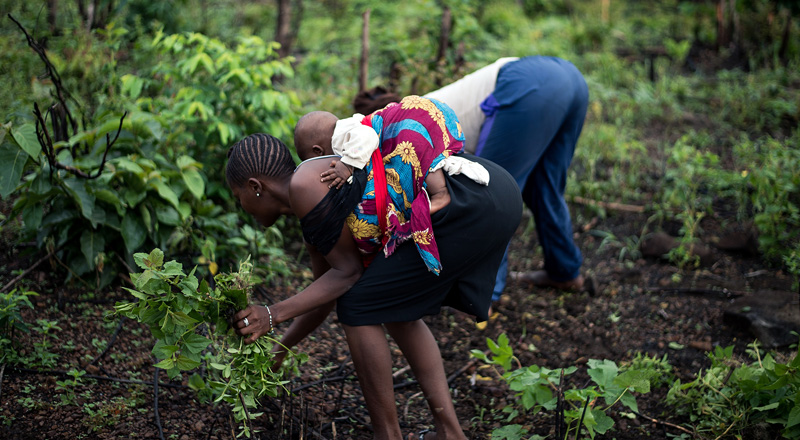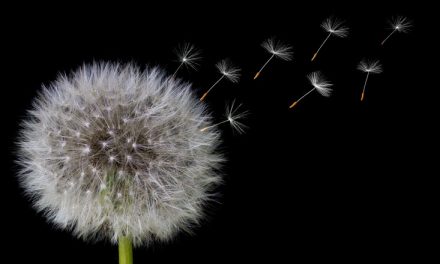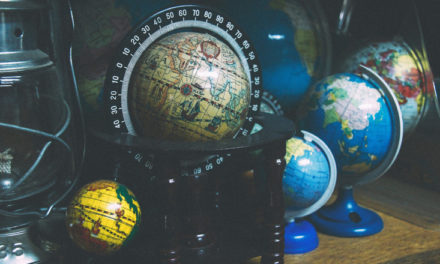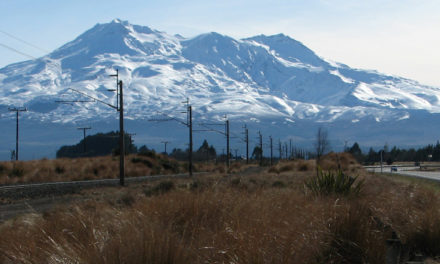Creation Care
Tena tātou katoa e te iwi mīhana… (Greetings to all the people in mission),
This month’s whakataukī (proverb) is: “Toitū he whenua, whatungarongaro he tangata.” [As humans disappear, the land remains].
This factual observation puts A LOT into perspective. Māori have a deep sense of spiritual connection to the land that interweaves with a heightened appreciation of whakapapa (legacy) that holds gratitude for tūpuna (forebears) who walked and worked the land before them and the mokopuna (descendants) who will follow.
Working the land and making a living need not be mutually exclusive pursuits.
A visceral connection to the earth is not readily appreciated by most people enmeshed in an Industrial knowledge system. We have become too accustomed to the separation of land as capital and a productive resource to be used for profit. This has led to much abuse in the name of economic progress. But working the land and making a living need not be mutually exclusive pursuits and a Biblical theology of creation should help us integrate our vocation and location.
For Indigenous people, such as Māori, the commodification and ownership of natural resources is deeply counter-intuitive. To appreciate this, it is helpful to understand the principles of mutuality and reciprocity—the concepts of belonging and sharing. The basic principle is to work with the land, air, sea and waterways at a pace that is sustainable for generations to come, nurturing our environments rather than simply extracting from them. This probably means doing more (or less!) than businesses currently do to keep their land productive. Sure, farmers will boost productivity with fertilizer and use rotation methods, but that’s not really reciprocal care for the land. It could be viewed as something akin to giving your staff amphetamines to get them producing more!
Christ-followers should be leading the way in our care for the environment as a witness to the Creator.
Christ-followers should be leading the way in our care for the environment as a witness to the Creator who has given us the responsibility to tend our domains well. It is an effect of the fall that sees us exhaust natural resources for our own benefit, calling the shots according to our own standards. Is it any wonder that we are now reaping the consequences of resource depletion so soon after the emergence of the Industrial era? Such selfish thinking usually extends only to our lifetime, with little thought for those who will inherit the consequences of our actions.
I blame misguided eschatology for relatively low evangelical interest in creation care today, although that is slowly shifting. Thanks to Biblical commentators such as N.T. Wright, we have fresh understanding of the coming “new creation” as a renewal of, rather than a replacement of, our current world. It remains a mystery what form that renewal will take and how the “glory of the Lord” will be manifest in all creation, but ignoring our Genesis 1:28 mandate is certainly not in line with how we ought to live out our missional witness to the world.
It is the grace of whenua (environment) to nourish us.
It is no accident that the Māori word for land is the same as the space that nurtures the unborn child—whenua. It is the grace of whenua to nourish us. This is the way God intended. Abuse of whenua, in all ways, can only have negative consequences for a society. It is the destructive influence of Sin.
These thoughts were racing through my mind last week as I sat in the conference room on the 27th floor of the United Nations building in Bonn Germany listening to a passionate (bordering on propagandist) appeal concerning the responsibility of religious leaders to promote the UN’s sustainable development goals. I was guarded because I am aware of how imposed views can so easily oppress. 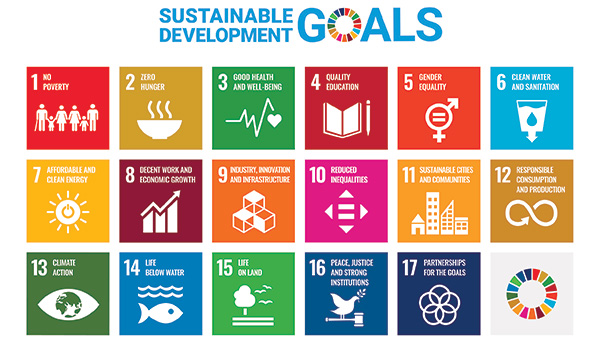 However, as I considered each of the SDGs at face value, I realised they could be adopted, regardless of the bureaucracy pushing the agenda. Who wouldn’t want to make the world a better place to live? The 17 SDGs can easily express the social impact of our Christ-following lives. What they lack is simply the power to affect change at a deep, spiritual level—to overcome the Sin-source of environmental abuse, which we have access to in Christ by the Holy Spirit.
However, as I considered each of the SDGs at face value, I realised they could be adopted, regardless of the bureaucracy pushing the agenda. Who wouldn’t want to make the world a better place to live? The 17 SDGs can easily express the social impact of our Christ-following lives. What they lack is simply the power to affect change at a deep, spiritual level—to overcome the Sin-source of environmental abuse, which we have access to in Christ by the Holy Spirit.
Whether Jesus returns at the end of the decade (2030 marks 2,000 years after His resurrection and ascension) or tarries for however long, we have an enduring responsibility to ensure that natural resources and communities are cared for and sustainable for generations that follow us. For as long as heaven endures, so will the earth. The only thing that will endure longer is the word of Christ (cf. Matt 24:25).
Fellow New Zealander, Chris Elisara leads the World Evangelical Alliance Creation Care task-force from his base in California. Together with his wife Tricia, they conduct workshops at the Center for Environmental Leadership‘s Dolphin Lodge in Kaikoura, in addition to another base in Belize. This was recent news to me, although not to regular Kiwi contributors to their programme like Mic Duncan and Andrew Shepherd (A Rocha) who are known to many in our missions community.
I am aware of member organisations who have creation care specialists as missions partners. I’d love to see more opportunities promoted to serve in this capacity in missions from and within Aotearoa New Zealand. I’d love to see churches leading the way in all manner of life-affirming and sustainability-enhancing actions as we take our responsibility for all of God’s creation seriously.
With our tangata whenua (indigenous people of the land), let’s foster a long-term vision for making this world a better place for our descendants—rooted in spiritual renewal and leading to positive physical, interpersonal and social impact. This is what it means to make holistic disciples as we #stayonmission.
Whakapaingia te Atua, to tatou kaiunga ki te ao whanui (May we be blessed as God sends us into the wider world),
Jay

